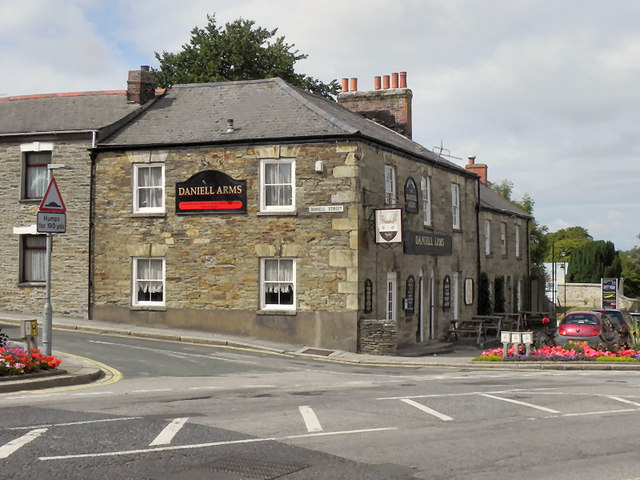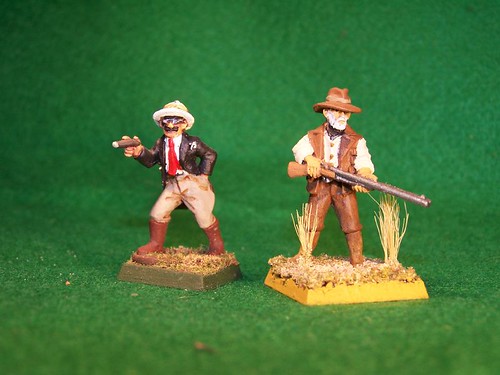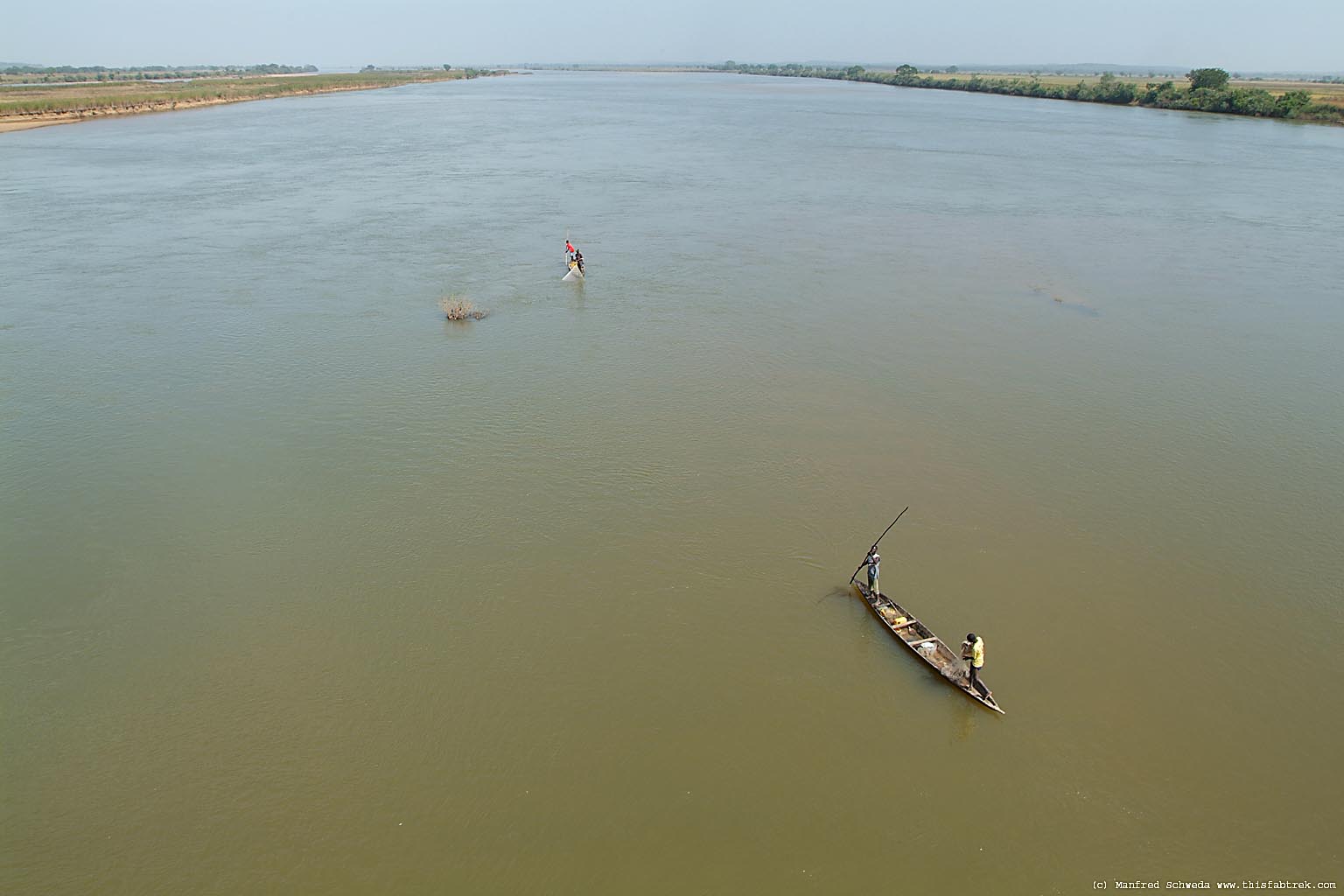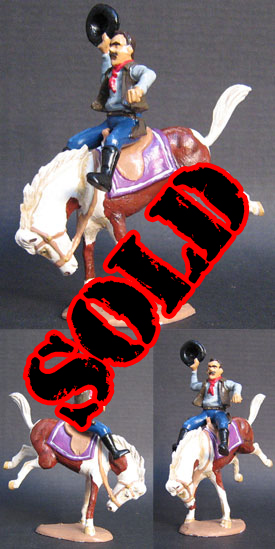a showcase for fixed bayonet toy and model soldiers but one that includes a lot of other stuff
Friday, 13 July 2012
Thursday, 12 July 2012
Saturday, 7 July 2012
germans ww1
 The German Army (Deutsches Heer) was the name given the combined land (and air) forces of the German Empire, also known as the National Army (Reichsheer), Imperial Army (Kaiserliches Heer or Kaiserreichsheer) or Imperial German Army. The term "Deutsches Heer" is also used for the modern German Army, the land component of the German Bundeswehr.
The German Army (Deutsches Heer) was the name given the combined land (and air) forces of the German Empire, also known as the National Army (Reichsheer), Imperial Army (Kaiserliches Heer or Kaiserreichsheer) or Imperial German Army. The term "Deutsches Heer" is also used for the modern German Army, the land component of the German Bundeswehr. The states which made up the German Empire each had their own separate armies. Within the German Confederation, formed after the Napoleonic Wars, each state was responsible for maintaining certain units to be put at the disposal of the Confederation in case of conflict. When operating together, these units were known as the Federal Army (Bundesheer).
After this war, a victorious and much enlarged Prussia formed a new confederation, the North German Confederation, which included the states of northern Germany. The treaty which formed the North German Federation provided for the maintenance of a Federal Army and a Federal Na(Bundesmarine or Bundeskriegsmarine). Further laws on military duty also used these terms
Conventions (some later amended) were entered into between the North German Confederation and its member states, effectively subordinating their armies to Prussia's in time of war, and giving the Prussian Army control over training, doctrine and equipment.
Shortly after the outbreak of the Franco-Prussian War in 1870, the North German Confederation also entered into conventions on military matters with states not members of the confederation: Bavaria, Württemberg, and Baden.
Through these conventions and the constitution of the German Empire of 1871, an Empire Army (Reichsheer) was born. The contingents of the Bavarian, Saxon and Württemberg kingdoms remained semi-autonomous, while the Prussian Army assumed almost total control over the armies of the other states of the Empire. The constitution of the German Empire, dated April 16, 1871, changed references in the North German Constitution from Federal Army to either Empire Army ("Reichsheer") or German Army ("Deutsches Heer").
After 1871, however, the peacetime armies of the four kingdoms remained relatively distinct. "German Army" and "Imperial Army" were used in various legal documents such as the Military Penal Code, but otherwise the Prussian, Bavarian, Saxon and Württemberg armies maintained distinct identities. Each kingdom had its own War Ministry, Bavaria and Saxony published their own rank and seniority lists for their officers, and Württemberg's was a separate chapter of the Prussian army rank lists. Württemberg and Saxon units were numbered according to the Prussian system though, while Bavarian units maintained their own (thus, the 2nd Württemberg Infantry Regiment was Infantry Regiment No. 120 under the Prussian system).
Friday, 6 July 2012
lander black continent
 landor
landor However, rather than remaining in
However, rather than remaining in  the county of his birth, at the age of 9 Lander embarked on an extraordinary journey which
the county of his birth, at the age of 9 Lander embarked on an extraordinary journey which  began with a walk of more than 200 miles to London.
began with a walk of more than 200 miles to London.Adventurer
Richard Lander was the son of a Truro innkeeper, born in the Daniell Arms, which is still to be 
 found just opposite this Column with Lander's statue atop. He is credited with exploring the lower course of the Nile.
found just opposite this Column with Lander's statue atop. He is credited with exploring the lower course of the Nile. 
the pub where lander was born
The interior had two room that i saw. The bar room is entered by the main doors in the left hand building. The room is U-shaped around the serving bar. The decor is a mix of mustard walls, with some kind of cork, with a mustard and beam ceiling and a snazzy patterned carpet. There is a pool table. The walls are awash with old photos, prints and ephemera and there are some books. The seating is blue perimter seat and general chairs and tables. The TV here was not on at my visit. To the right and down a few stairs is a second room, also with a pool table. This room is mainly in wood panel, with mustard and beam ceiling and snazzy carpet. The same Victoriana is on the walls and the same seating is present. There is also a nice little fireplace. There is a TV here also, which also wasn't on. The music was general and at a decent level. The service was very friendly, as were the couple of locals that were in who chatted to us regarding Truro City.
There is a pool table. The walls are awash with old photos, prints and ephemera and there are some books. The seating is blue perimter seat and general chairs and tables. The TV here was not on at my visit. To the right and down a few stairs is a second room, also with a pool table. This room is mainly in wood panel, with mustard and beam ceiling and snazzy carpet. The same Victoriana is on the walls and the same seating is present. There is also a nice little fireplace. There is a TV here also, which also wasn't on. The music was general and at a decent level. The service was very friendly, as were the couple of locals that were in who chatted to us regarding Truro City.
 There is a pool table. The walls are awash with old photos, prints and ephemera and there are some books. The seating is blue perimter seat and general chairs and tables. The TV here was not on at my visit. To the right and down a few stairs is a second room, also with a pool table. This room is mainly in wood panel, with mustard and beam ceiling and snazzy carpet. The same Victoriana is on the walls and the same seating is present. There is also a nice little fireplace. There is a TV here also, which also wasn't on. The music was general and at a decent level. The service was very friendly, as were the couple of locals that were in who chatted to us regarding Truro City.
There is a pool table. The walls are awash with old photos, prints and ephemera and there are some books. The seating is blue perimter seat and general chairs and tables. The TV here was not on at my visit. To the right and down a few stairs is a second room, also with a pool table. This room is mainly in wood panel, with mustard and beam ceiling and snazzy carpet. The same Victoriana is on the walls and the same seating is present. There is also a nice little fireplace. There is a TV here also, which also wasn't on. The music was general and at a decent level. The service was very friendly, as were the couple of locals that were in who chatted to us regarding Truro City.Beer; usual tap stuff with a very good Skinner's Betty Stoggs on handpull
Stopped off here en route to the Truro v Dorchester game and found it not only friendly, but the one real ale was in top form. I would return. Lander went with the Scot Hugh Clapperton on an expedition to Western Africa in 1825. Clapperton died in April 1827 near Sokoto
 leaving Lander in charge. . Lander returned to West Africa in 1830, with his brother John. They landed at Badagri
leaving Lander in charge. . Lander returned to West Africa in 1830, with his brother John. They landed at Badagri  on 22 March, 1830 They followed the lower River Niger for about 160 kms, and also explored the River Benue
on 22 March, 1830 They followed the lower River Niger for about 160 kms, and also explored the River Benue Nigeria had all the makings of an uplifting tale: poor African nation blessed with enormous sudden wealth. Visions of prosperity rose with the same force as the oil that first gushed from the Niger Delta's marshy ground in 1956. The world market craved delta crude, a "sweet," low-sulfur liquid called Bonny Light, easily refined into gasoline and diesel. By the mid-1970s, Nigeria had joined OPEC (Organization of Petroleum Exporting Countries), and the government's budget bulged with petrodollars.Everything looked possible—but everything went wrong.Dense, garbage-heaped slums stretch for miles. Choking black smoke from an open-air slaughterhouse rolls over housetops. Streets are cratered with potholes and ruts. Vicious gangs roam school grounds. Peddlers and beggars rush up to vehicles stalled in gas lines. This is Port Harcourt, Nigeria's oil hub, capital of Rivers state, smack-dab in the middle of oil reserves bigger than the United States' and Mexico's combined. Port Harcourt should gleam; instead, it rots. returning to Britain in 1831.
returning to Britain in 1831.
In 1832, he returned to Africa as leader of an expedition sponsored by Liverpool merchants, with the aim of founding a trading settlement at the junction of the Niger and Benue rivers. The expedition suffered badly from fever and failed to reach its objective, with many of its members dieing. Whilst travelling in a canoe, Lander himself was attacked and wounded with a musket shot some say a spear wound though. He managed to return to the coast, but died there of his injuries.

To mark the 200th anniversary of the birth of Richard Lander and celebrate the Lander brothers’ remarkable achievements an 'Expedition of Goodwill' was sent in November 2004 to retrace their historic river journey.
 returning to Britain in 1831.
returning to Britain in 1831.In 1832, he returned to Africa as leader of an expedition sponsored by Liverpool merchants, with the aim of founding a trading settlement at the junction of the Niger and Benue rivers. The expedition suffered badly from fever and failed to reach its objective, with many of its members dieing. Whilst travelling in a canoe, Lander himself was attacked and wounded with a musket shot some say a spear wound though. He managed to return to the coast, but died there of his injuries.
This Monument to his memory in his home-town of Truro is by Cornish sculptor Neville Northey Burnard is a superb tribute to him.With no parents to guide and support him, his siblings farmed out to relatives across Cornwall, he made his way to the capital to meet the adventurer Captain Hugh Clapperton above and below. Young Lander had written to the African explorer asking to accompany him as a servant and learn all he could during his travels.
Young Lander had written to the African explorer asking to accompany him as a servant and learn all he could during his travels.
 Young Lander had written to the African explorer asking to accompany him as a servant and learn all he could during his travels.
Young Lander had written to the African explorer asking to accompany him as a servant and learn all he could during his travels.Following several voyages working as a servant with wealthy families during his teens, Lander finally accompanied Clapperton on a trip to Africa in 1825.
Sadly, during the dangerous exploration of the west African interior his master died and Lander was forced to return home alone.
Undeterred by the arduous African journey, Lander returned in 1830 on a government expedition to find the source of the River Niger – a trip that would see him canoe hundreds of miles along the mighty stretch of water accompanied by his brother John.
a trip that would see him canoe hundreds of miles along the mighty stretch of water accompanied by his brother John.
 a trip that would see him canoe hundreds of miles along the mighty stretch of water accompanied by his brother John.
a trip that would see him canoe hundreds of miles along the mighty stretch of water accompanied by his brother John.
Two years later, aged 30, Lander was attacked by tribesmen and fatally wounded in his leg during an exploration of the Niger and Benue Rivers, a trip funded by Liverpudlian  one of the most beautiful british statues and one of the least known, i only decided to write this post after driving past this statue
one of the most beautiful british statues and one of the least known, i only decided to write this post after driving past this statue
 one of the most beautiful british statues and one of the least known, i only decided to write this post after driving past this statue
one of the most beautiful british statues and one of the least known, i only decided to write this post after driving past this statuemerchants keen to establish trading posts in the area.

He died from his wounds but in the same year was awarded the first gold medal of the Royal Geographical Society.
He left his mark in Africa, naming Truro Island along the Niger River and giving a hill along its riverbank the name Cornwall Mountain.
To mark the 200th anniversary of the birth of Richard Lander and celebrate the Lander brothers’ remarkable achievements an 'Expedition of Goodwill' was sent in November 2004 to retrace their historic river journey.
Tuesday, 3 July 2012
Monday, 2 July 2012
Sunday, 1 July 2012
Subscribe to:
Posts (Atom)

 pony express by irregular
pony express by irregular tssd selling this on their site
tssd selling this on their site













 who made it?
who made it?






